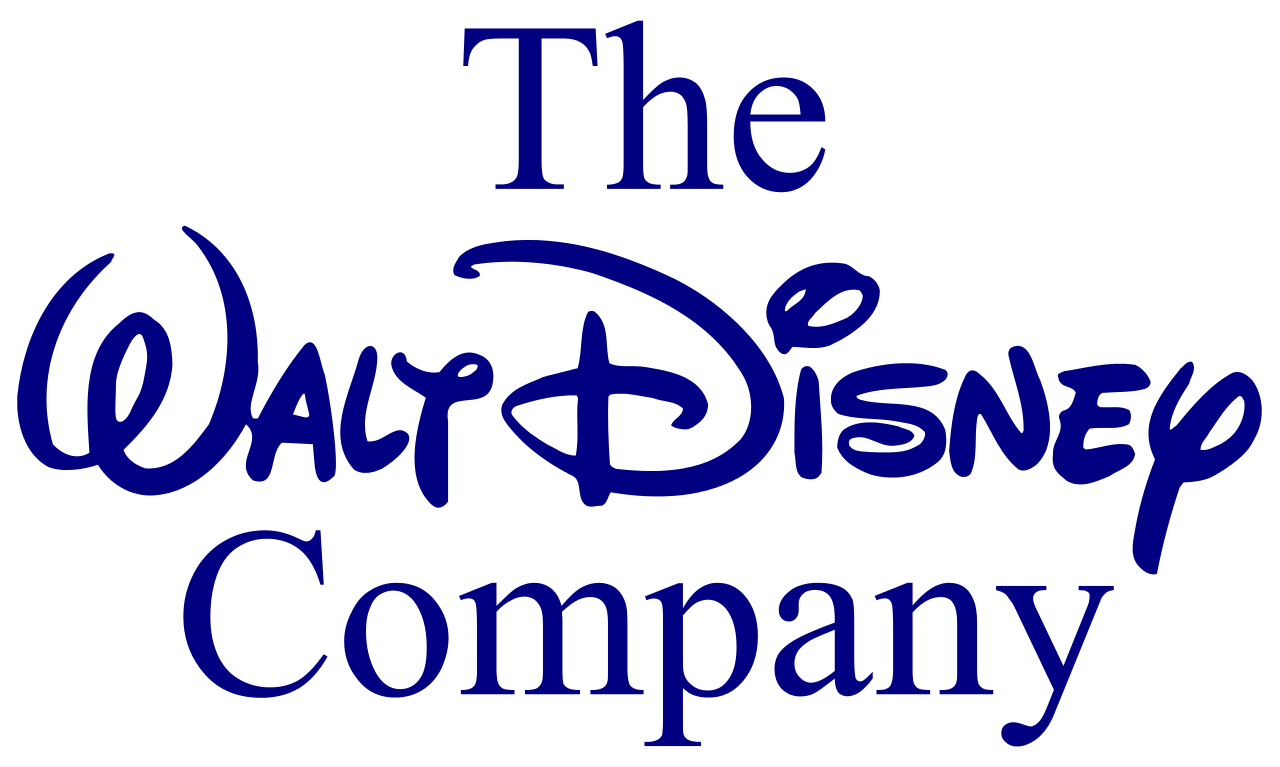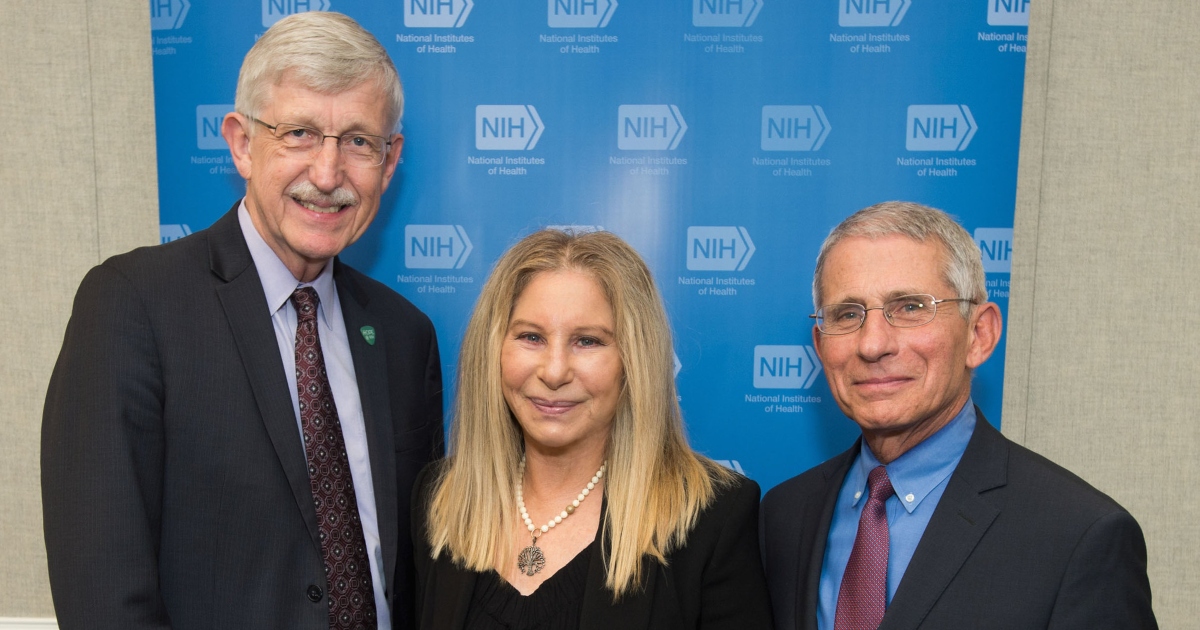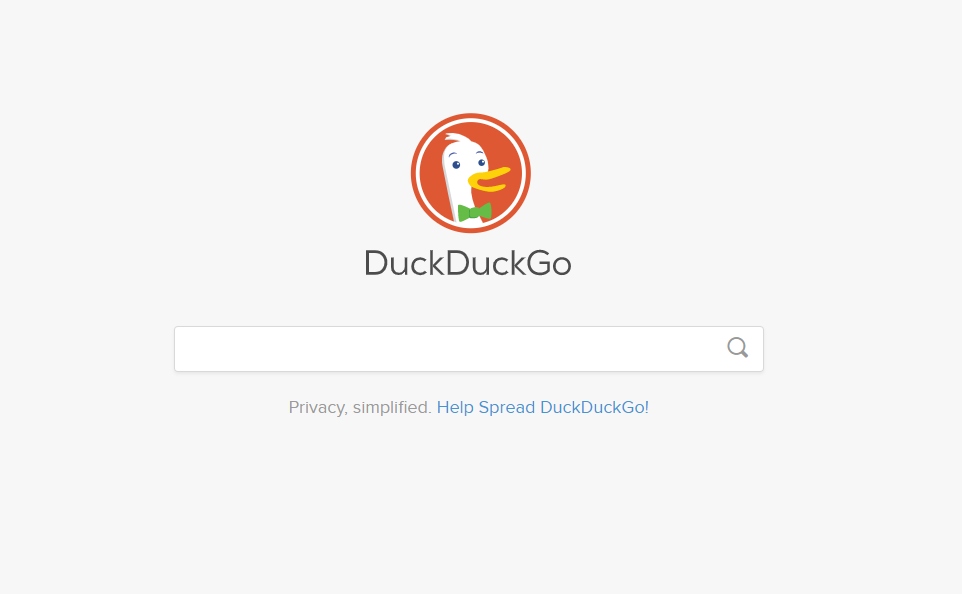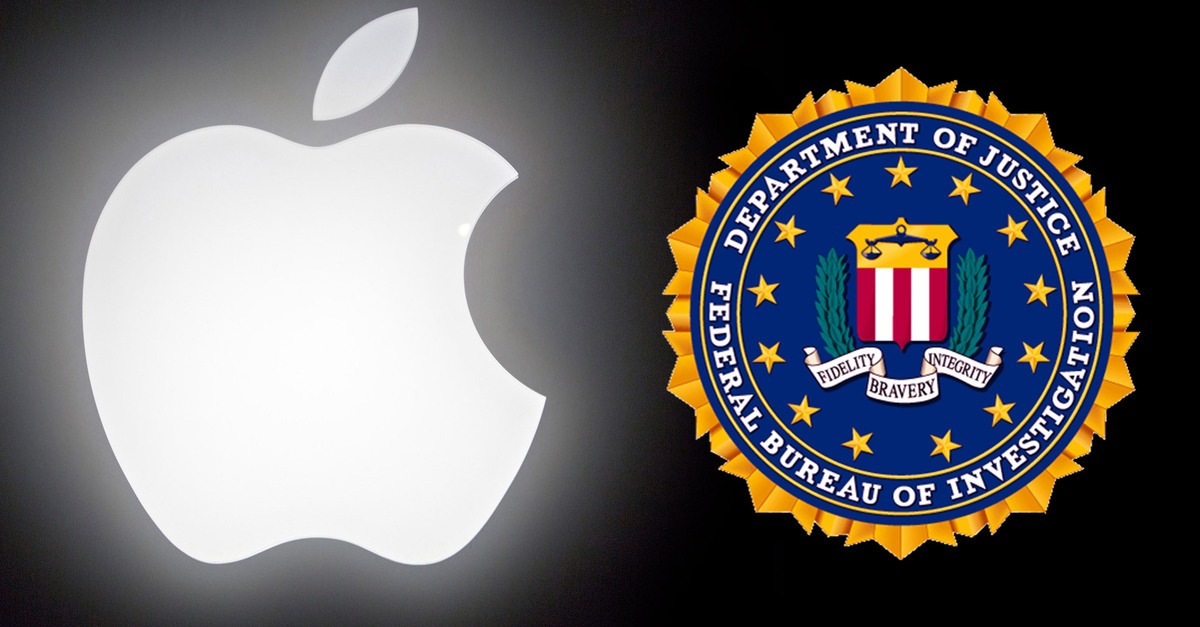Drain the Disney copyright swamp and make the public domain great again
03/21/2022 / By News Editors

“Disney makes its money on Middle Americans who go to their theme parks, who buy their content and those people should know this corporation hates you,” the Manhattan Institute’s Christopher Rufo told Tucker Carlson recently. “It hates your culture, and it hates the color of your skin.”
(Article by E.C. Knight republished from Revolver.news)
Tucker Carlson & @realchrisrufo Discussing Disney’s Embrace Of Wokeness & Documents Obtained By Chris Rufo Showing Disney’s Anti-American & Anti-White Training Sessions For Employees
Chris: “This corporation hates you, it hates your culture, and it hates the color of your skin.” pic.twitter.com/fYRRT2hxE9
— The Columbia Bugle ?? (@ColumbiaBugle) May 8, 2021
Disney laid off tens of thousands of workers due to the COVID-19 pandemic. As Rufo’s reporting exposed, despite those financial headwinds, the company still found a way to roll out a corporate diversity, inclusion, and equity program (commonly known by the acronym DEI, but deserving of the Freudian descriptor DIE, the fate reserved for the based in these programs, and straight white males in particular) featuring a Two Minutes Hate against white people and other race-and-sex-shaming content.
Disney’s new DIE program is not the first time the House of Mouse violated Middle America’s conscience. In 1997, the Southern Baptist Convention, the largest Protestant Christian denomination in the United States, called for a boycott of Disney. At the time, CNN reported the Convention’s objections “to Disney’s policy of giving health benefits to same-sex partners of employees, ‘Gay Days’ at theme parks, and the release by Disney and its subsidiaries of controversial books and films like ‘Pulp Fiction’ and ‘Kids.’”
Like many of the cultural right’s other projects over the years, the boycott failed at every level. Thankfully, to use Benjamin Franklin’s words, “God governs in the affairs of men.” Providentially, a GOP-controlled Congress’ previous coddling of Disney presents America First Republicans with a timely opportunity.
Mickey Mouse Goes to Washington
What comes to mind when you see the term “copyright law”? Maybe the blue FBI warning screen accompanying an old VHS cassette or perhaps the ill-fated file sharing service Napster and its similarly-doomed cousin Grokster. Probably not a cultural battlefield.
Copyright law predates the Founding. The Constitution grants Congress the power to “promote the Progress of Science”— i.e., knowledge — by giving authors “exclusive rights” with respect to their protected content, including articles, books, and music. Subject to the fair use defense, modern copyright law gives the copyright holder the exclusive right to reproduce, make derivative works of, and publicly perform the copyrighted content. Once copyright expires, the work passes into the public domain where the public can copy at will.
As the year 2000 approached, Disney had a problem. Copyrights on some of the company’s earliest cartoons, including “Steamboat Willie,” were set to expire soon. As one 1998 report put it, “[w]ithout copyright term extension, the company faces the potential nightmare of seeing its greatest treasures pass from corporate possession into the public domain.” Americans would be free to reproduce Disney’s public domain works, and even make new stories derived out of that content, without worrying about getting sued for copyright infringement. With “billions of dollars in revenue” at stake the report adds, Mickey Mouse went to Washington.
The story of how the Sonny Bono Copyright Extension Act, known within the copyright bar as the Mickey Mouse Protection Act, came to be is pure Swamp. In 1998, Disney Chairman Michael Eisner descended on Trent Lott’s office to ask the Senate Majority Leader for help. “He was very much interested in seeing the copyright bill,” Lott said at the time. As Congressional Quarterly reported, “[b]efore he left the spacious offices of the majority leader at the U.S. Capitol on June 9, Eisner was assured that his company’s pet bill would get the help it needed.”
In addition to Eisner’s visit, the company donated money to key committee leaders, including Republican Congressman Howard Coble of North Carolina, who was then the chairman of the House Judiciary Subcommittee on Arts and Intellectual Property. Disney also “paid $2,700” to host House Speaker Newt Gingrich and his wife “for three days at Disney Institute, the company’s educational facility in Orlando.”
When it was all over, Mickey Mouse had his way with the Republican-controlled Congress. With unanimous consent in the Senate and a voice vote in the House, Congress enacted the extension, tacking an additional twenty years onto existing copyright terms.
Read more at: Revolver.news
Submit a correction >>
Tagged Under:
copyright, corporations, disney, intellectual property, Mickey Mouse, public domain
This article may contain statements that reflect the opinion of the author
RECENT NEWS & ARTICLES
COPYRIGHT © 2017 TECHNOCRATS.NEWS
All content posted on this site is protected under Free Speech. Technocrats.news is not responsible for content written by contributing authors. The information on this site is provided for educational and entertainment purposes only. It is not intended as a substitute for professional advice of any kind. Technocrats.news assumes no responsibility for the use or misuse of this material. All trademarks, registered trademarks and service marks mentioned on this site are the property of their respective owners.



















